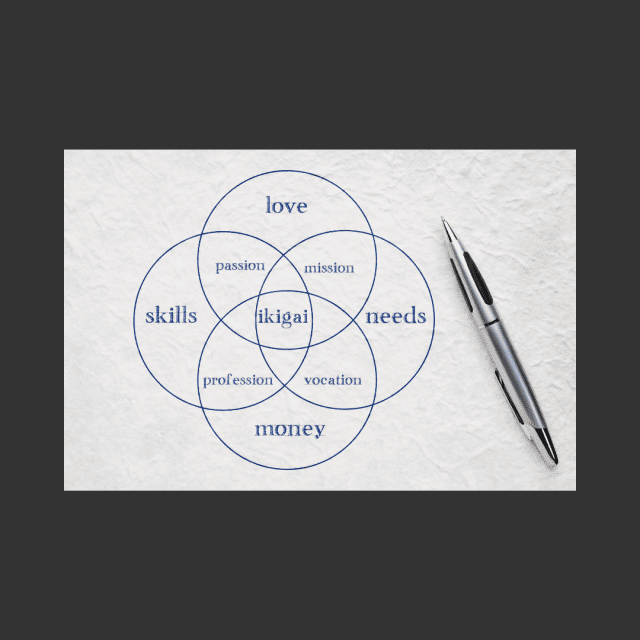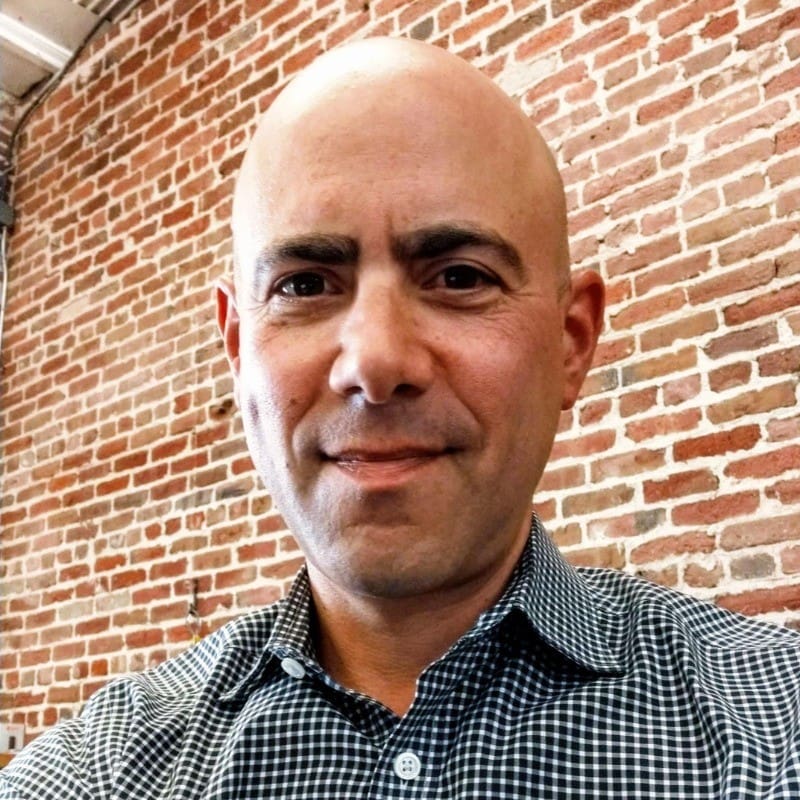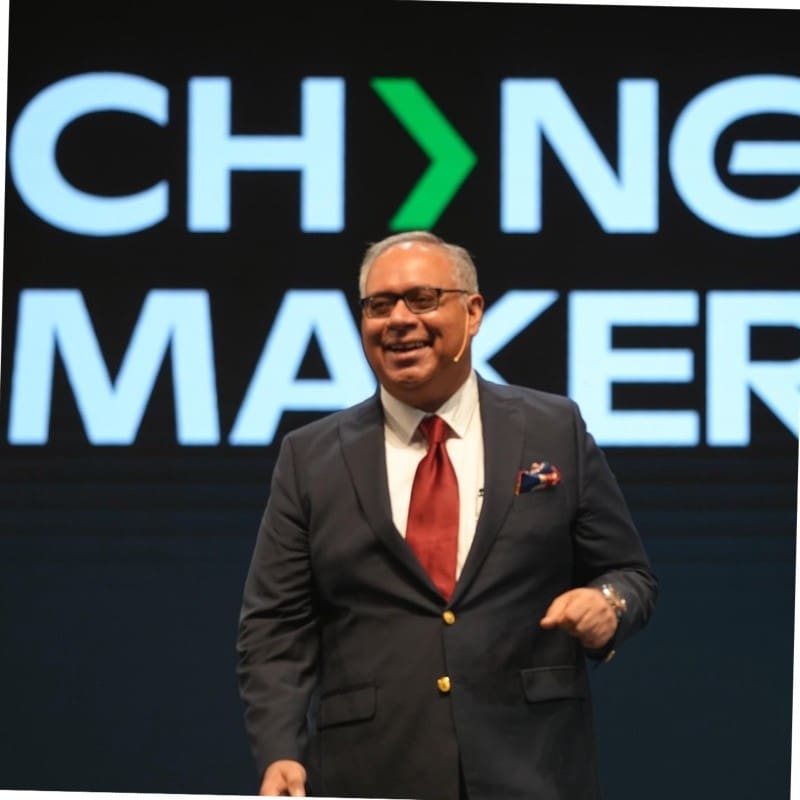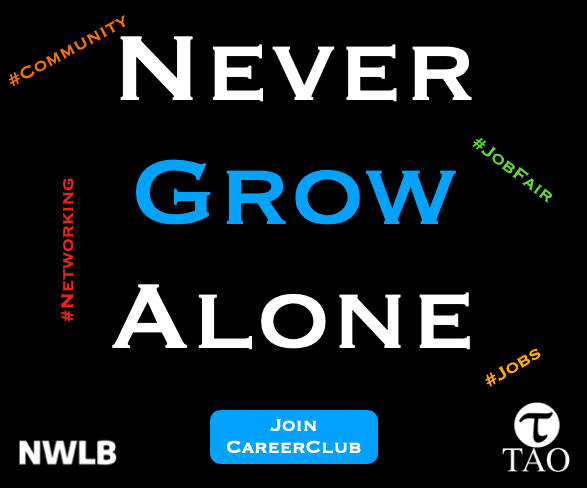Top Career Influencers in Massachusetts: Your Guide to Professional Growth and Success
Navigating career transitions, developing leadership skills, or enhancing professional growth can be a challenging journey. Fortunately, Massachusetts is home to a wealth of career coaches, mentors, and consultants who are dedicated to helping individuals succeed in their professional lives. Whether you’re looking for guidance on resume writing, leadership development, or finding fulfilling work, these experts provide the tools and insights needed to thrive. In this blog, we highlight some of the top career influencers in Massachusetts who are making a significant impact across various industries. Each of these professionals brings unique expertise to help you take your career to the next level.

Gail Liebhaber – Founder of Career Directions
Gail is a career coach and founder of Career Directions, based in Massachusetts. She specializes in helping professionals navigate career transitions and find fulfilling work. With over 25 years of experience, Gail offers personalized coaching services and has expertise in resume writing and interview preparation.


Jill Huggett – Founder of Bridgepath Career Advisors
Jill is the founder of Bridgepath Career Advisors, LLC, based in Boston. She’s a career strategist and executive coach with expertise in helping professionals navigate career transitions and advance their careers. Jill is certified in various coaching methodologies and focuses on personal branding, LinkedIn optimization, and interview preparation.


Sarah Scala – Career coach offering services in Boston and throughout Massachusetts
Sarah is an award-winning executive coach and organizational consultant based in the Greater Boston area. She specializes in leadership development, talent management, and organizational development. Sarah has experience working with clients across various industries and offers services such as executive coaching, team development, and custom learning solutions.


Jenai Wu Steinkeller – Personal and executive coach in Boston
Jenai is a personal and executive coach based in Boston. While specific details about her coaching practice are not provided in the search results, her title suggests she works with individuals and executives to improve their personal and professional lives.


Tim Grimes – Coach and counselor in Belmont, MA
Tim is a coach and counselor based in Belmont, MA. He specializes in helping people overcome anxiety and find more peace in their lives. Tim is the author of several books on anxiety and mindfulness, and he offers coaching services to help individuals improve their mental well-being and achieve their personal and professional goals.


Dan Freehling – Career coach listed on Noomii (based in Boston)
Dan is a career coach and consultant based in Boston. He specializes in helping professionals navigate career transitions and find fulfilling work. With over 20 years of experience in talent acquisition and career development, Dan offers services such as resume writing, interview preparation, and career strategy development.


Matthew Dickey – “Streetscape curator” and Boston history influencer
Matthew is a Boston-based urban planner and history enthusiast. He works as a Senior Planner at the Boston Planning & Development Agency. Matthew is known for his “streetscape curation” and sharing Boston’s history through social media. His work focuses on urban design, community engagement, and preserving Boston’s historical character.


Melany Mendoza – Manager of Community Engagement at Mass Mentoring Partnership
Melany is a community engagement professional working at Mass Mentoring Partnership in Boston. She focuses on building and strengthening mentoring relationships across Massachusetts. Melany’s role involves coordinating with various organizations to promote and support youth mentoring programs.


Gabrielle Paquin – Operations Associate at Mass Mentoring Partnership
Gabrielle works as an Operations Associate at Mass Mentoring Partnership in Boston. Her role likely involves supporting the organization’s day-to-day operations, including administrative tasks, data management, and assisting with program coordination to support mentoring initiatives across Massachusetts.


Natalie Spriggs – Manager of Community Engagement at Mass Mentoring Partnership
Natalie is a Manager of Community Engagement at Mass Mentoring Partnership in Boston. Her work involves developing and maintaining relationships with community partners to strengthen mentoring programs across Massachusetts. Natalie likely plays a key role in implementing strategies to increase the reach and impact of youth mentoring initiatives.


Amanda Doyle-Bouvier – Chief Advancement Officer at Mass Mentoring Partnership
Amanda is a seasoned nonprofit professional with expertise in fundraising and organizational advancement. As the Chief Advancement Officer at Mass Mentoring Partnership, she likely plays a key role in developing strategies to support and expand mentoring programs across Massachusetts.


Nathan Simms – Director of Government Relations and Public Policy at Mass Mentoring Partnership
Nathan specializes in government relations and public policy, focusing on issues related to youth mentoring. In his role at Mass Mentoring Partnership, he likely advocates for policies and funding to support mentoring programs and works to build relationships with government officials.


Olivia Taylor – Operations Associate at Mass Mentoring Partnership
Olivia supports the operational aspects of Mass Mentoring Partnership. Her role likely involves assisting with administrative tasks, program coordination, and supporting the organization’s day-to-day functions to help advance mentoring initiatives in Massachusetts.


Bob McIntosh – Career Coach at MassHire Lowell Career Center
Bob is a highly experienced career coach and LinkedIn trainer based in the Greater Boston area. He specializes in empowering job seekers through webinars, workshops, and one-on-one coaching. Bob is particularly known for his expertise in LinkedIn strategies for job searching and has been recognized as a LinkedIn Top Voice in 2019.


Angela Richard – Career Coach & Special Projects Leader at Boston University
Angela is a career development professional working at Boston University. As a Career Coach and Special Projects Leader, she likely provides guidance to students and alumni on career planning, job search strategies, and professional development. Her role may also involve coordinating career-related initiatives and programs at the university.


Kelly Baird – Career Development Coach in Boston, MA
Kelly is a Career Development Coach at Boston University’s Questrom School of Business. She specializes in helping MBA students and alumni with career planning, job search strategies, and professional development. Kelly has experience in both higher education and corporate recruiting, bringing a well-rounded perspective to her coaching.
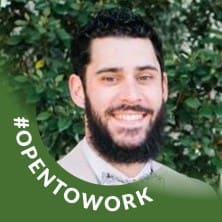

Robert Ennis – Career Development Coach in Boston, MA
Robert is a Career Development Coach at Boston University’s Questrom School of Business. He focuses on helping undergraduate students navigate their career paths, develop job search skills, and prepare for professional opportunities. Robert has a background in higher education and career services.


Amy Pierre – Career Development Coach in Boston, MA
Amy is a Career Development Coach at Boston University’s Questrom School of Business. She works primarily with undergraduate students, providing guidance on career exploration, internship searches, and professional skill development. Amy has experience in both career coaching and academic advising.


Jessica Cabral Laverty – Career Development Coach in Boston, MA
Jessica is a Career Development Coach at Boston University’s Questrom School of Business. She specializes in working with graduate students, particularly those in specialized master’s programs. Jessica offers guidance on career transitions, job search strategies, and professional branding.


Ted Witherell – Executive Coach and Leadership Development Consultant in Boston, MA
Ted is an experienced Executive Coach and Leadership Development Consultant based in Boston. He focuses on helping leaders and organizations improve their performance and achieve their goals. Ted has a background in organizational psychology and uses evidence-based coaching methods to support his clients’ growth and development.


Matt Quinn – Engineering Executive and Career Coach in Boston, MA
Matt is an experienced engineering executive and career coach based in Boston. He combines his technical background with leadership experience to help professionals in the tech industry advance their careers. Matt offers coaching on leadership development, career transitions, and navigating the tech job market.


Deborah Federico – Career Consultant at Keystone Partners in Boston, MA
Deborah is a seasoned career consultant with over 20 years of experience in career coaching and outplacement services. At Keystone Partners, she helps professionals navigate career transitions, develop job search strategies, and enhance their personal branding. Deborah specializes in working with mid to senior-level executives across various industries.


Andrea Pagnozzi – Certified Professional Coach in Massachusetts
Andrea is a Certified Professional Coach focusing on career and leadership development. She helps professionals navigate career transitions, improve leadership skills, and achieve work-life balance. Andrea’s approach combines coaching techniques with her background in human resources and talent development.


John Guanci – Certified EMyth Business Coach based in Massachusetts
John is a Certified EMyth Business Coach specializing in helping small business owners and entrepreneurs. He focuses on implementing systematic approaches to business growth, leadership development, and operational efficiency. John’s coaching aims to help business owners create more profitable and personally fulfilling businesses.


Annie Kip – PCC, Certified Professional Co-Active Coach in Massachusetts
Annie is a Professional Certified Coach (PCC) and Certified Professional Co-Active Coach based in Massachusetts. She specializes in life and career coaching, helping clients navigate personal and professional transitions. Annie’s approach focuses on empowering clients to create positive changes in their lives and achieve their goals through a holistic coaching process.


Dan McCormack – Certified Legal Manager and coach based in Massachusetts
Dan is a Certified Legal Manager with extensive experience in law firm management. He combines his legal industry knowledge with coaching skills to help legal professionals and law firms improve their operations and performance. Dan likely focuses on leadership development, practice management, and career advancement within the legal sector.


Grant Ingle – Organizational Psychologist and coach in Massachusetts
Grant is an experienced Organizational Psychologist and coach with a Ph.D. in Social Psychology. He specializes in organizational development, diversity and inclusion, and leadership coaching. Grant’s approach likely combines psychological insights with practical business strategies to help organizations and leaders navigate complex challenges and improve performance.


Catherine Wood – Graduate and Certified Coach of Accomplishment Coaching in Massachusetts
Catherine is a Master Certified Coach (MCC) with an MBA, focusing on executive and leadership coaching. She is the founder and CEO of Unbounded Potential, a coaching firm that helps high-achieving professionals and entrepreneurs reach their full potential. Catherine’s approach combines business acumen with transformational coaching techniques.


Richard Huttner – ACC (Associate Certified Coach) in Massachusetts
Richard is an Associate Certified Coach (ACC) with a background in business and technology. He specializes in career coaching and leadership development, helping professionals navigate career transitions and enhance their leadership skills. Richard’s approach likely draws on his diverse business experience to provide practical, results-oriented coaching.


Tiffany Greene – Career Coach in Massachusetts
Tiffany is a career coach based in Massachusetts, specializing in helping professionals navigate career transitions and achieve their professional goals. She likely offers services such as resume writing, interview preparation, and career strategy development. Tiffany’s approach focuses on empowering clients to take control of their career paths and find fulfilling work opportunities.
Massachusetts boasts a diverse group of career influencers who offer tailored guidance and support for professionals at every stage of their career. Whether you’re an executive looking to refine your leadership skills or a recent graduate navigating the job market, these experts are equipped to help you achieve your goals. From career transitions to personal development, the influencers on this list have the experience and insights to empower you on your career journey. Investing in the right coaching can be a transformative step in reaching your full potential, and these career professionals are here to guide you every step of the way.




